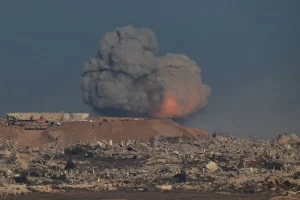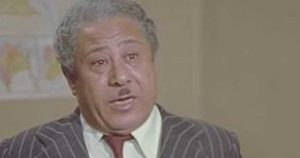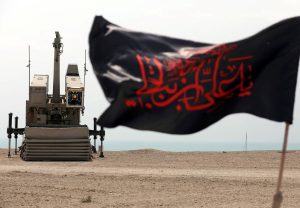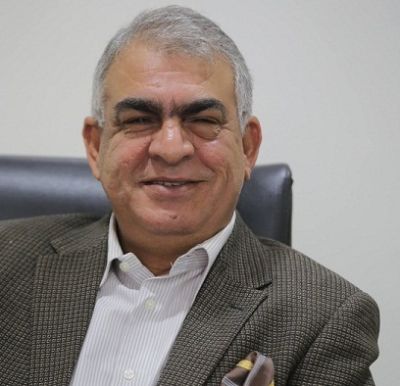The King has continuously urged successive governments to engage in field work and has always preceded them in this regard. He often made surprise visits in disguise to service departments, acting as a hidden visitor or shopper. Ministries and service institutions should know that there is a hidden shopper working on behalf of the Prime Minister’s office, paving the way for the President’s visits to sites where there are deficiencies or services needed or errors requiring correction. The most important observation is that all these intensive and extended tours carried out by President Hassan take place outside the capital and major cities, specifically in the outskirts. These tours have a significant impact because direct communication and listening to the people greatly enhance trust. Moreover, the decisions taken stem from the realities observed during these tours and meet the basic immediate needs.
Officials should not stop visiting their affiliated institutions, as this is their minimum duty, but they must also face the people and visitors in those institutions because they hold the true knowledge. This is how work, follow-up, and achievement are realized. Few officials appreciate field visits and conduct them with an open heart and a desire to address the observations needing correction, but most are reluctant. There is an urgent need for officials to make surprise visits to the departments and institutions they are responsible for in villages before cities to confront and hold accountable those employees for their mistakes. Thus, the minister or official who frequently conducts field tours gains many benefits, not least of which is understanding the needs of the people served by his ministry and following up on the results and effects of these services on the people.
Frankly, people like to see officials among them as it reassures them and makes them feel cared for, knowing that someone listens to their demands and complaints, alleviates their hardships, and meets their needs as much as possible. The purpose of field tours is not to gain popularity but rather for the minister to mobilize it to feel the citizens’ needs, monitor their conditions, and ensure that the service achieves its goals. No minister, no matter how broad his follow-up, can understand the realities while sitting behind his desk, reading perhaps hundreds of written reports and listening to as many oral ones. The eye and interaction are the best report, reflecting facts and comprehending situations.
The President has proven to be a man of the field from the very first moment, and some thought he would do this for a short period and for a certain purpose before getting bored, but he continued with this policy and did not stop.













Recommended for you
Talib Al-Rifai Chronicles Kuwaiti Art Heritage in "Doukhi.. Tasaseem Al-Saba"
Exhibition City Completes About 80% of Preparations for the Damascus International Fair Launch
Unified Admission Applications Start Tuesday with 640 Students to be Accepted in Medicine
Egypt Post: We Have Over 10 Million Customers in Savings Accounts and Offer Daily, Monthly, and Annual Returns
His Highness Sheikh Isa bin Salman bin Hamad Al Khalifa Receives the United States Ambassador to the Kingdom of Bahrain
Al-Jaghbeer: The Industrial Sector Leads Economic Growth